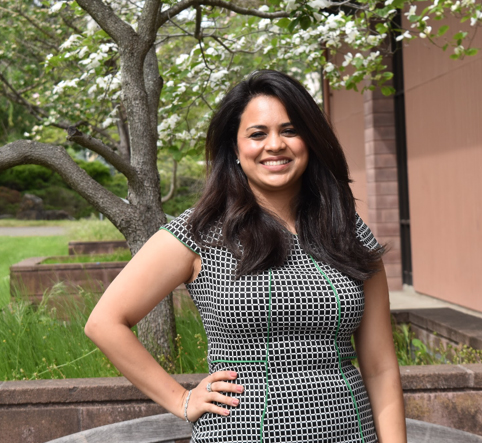Updated on November 15, 2017
For International Students: Learning Styles at Universities in the U.S.A.
Teaching styles in the United States are different than in other countries. Your unique thoughts and ideas count in the U.S. Professors here accept a variety of opinions. In other countries, such as Saudi Arabia, for example, where I come from, respecting instructors and their way of teaching is more important than anything else. Here in the U.S., you get to experience learning from another perspective.

Samah Damanhoori
Teamwork/study groups
Universities in the U.S. appreciate teamwork. In many classes, it is essential for students to get the best out of their program. Teachers and students sometimes work on projects together, discussing and sharing ideas and opinions.
In Saudi Arabia, teamwork was based on dividing students into groups of four to five students. Usually, teamwork is all about getting high grades, and not for the sake of the projects. Instructors would give the students projects that had been already done, so the teachers would not expect much originality.
Class discussions
In the U.S., talking and discussing are a must in seminar classes. Professors welcome and are glad to hear students’ opinions and to learn more about students’ perspectives.
When I first started classes here, I was very quiet. I was a listener more than a talker. The teachers were so open. I remember the first time I spoke after weeks of being silent: the professor was very happy and supportive of my point of view. She made me feel that my opinion is important.
Share your opinion/your opinion matters
If a thought comes to mind, you can say it out loud in a U.S. class. Where I come from, you ask permission to talk and you have to give an opinion that is considered correct. Here at Notre Dame de Namur University (NDNU), I share my opinion freely, which has also helped me in gaining confidence outside of class.
Learning more than memorizing
U.S. universities focus on the learning experience rather than memorizing a lecture. Professors here are trained to show you the way to blossom. They focus on you as an individual and on how much you understand; the teachers evaluate themselves based on the students’ understanding.
Adding variety to the classroom
In the United States, you are a new color added to the rainbow in the class. For the most part, U.S. universities welcome international students with open hearts. U.S. students are often thrilled to learn about your culture, knowledge, and perspectives. If you land in the right place, you will feel that you are living in your second home.
Use the library
I come from a country where libraries are only for men. Coming here and being able to have access to libraries whenever I wanted was overwhelming! I can use a variety of materials, from research papers, to books, to encyclopedias, and more. I can go to the library for my classes or for pleasure.
Study groups
Study groups are a gathering of students who meet regularly to work together and explore a topic or class. They are usually classmates or they share the same major. Sometimes the study group is based on the students’ interest. Study groups can help students understand and explore lectures. It’s a way to keep students on track and help them do their homework successfully.
Professors’ office hours
Office hours are a time when a student can have a one-to-one meeting with a professor. They are a useful way for students to ask questions about a lecture or a reading assignment, brainstorm about topics for a paper or a project, or just to pose questions that arise during a course.
Though it may seem intimidating at first to meet with a professor one-on-one, office hours are an important chance to benefit from an instructor’s knowledge and to network about educational and professional opportunities that the professor may suggest.
Samah Damanhoori is a second-year master’s student in the English Department at Notre Dame de Namur University in Belmont, California. Samah is working on various writing projects, and a short story she wrote is being made into an animated short movie.
For more information on applying to Notre Dame de Namur University (NDNU), please visit the admissions page. Information on international students at NDNU is here.
